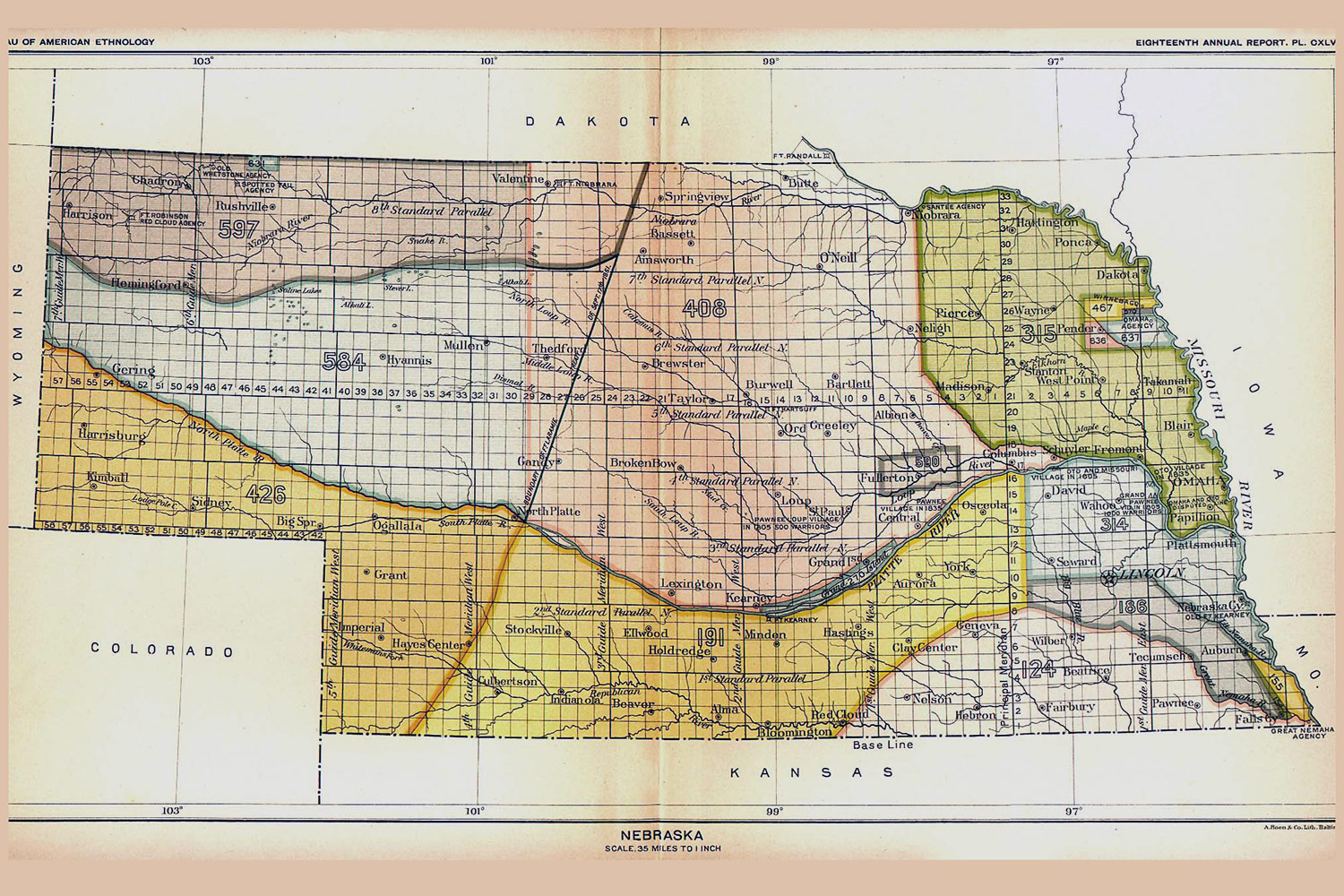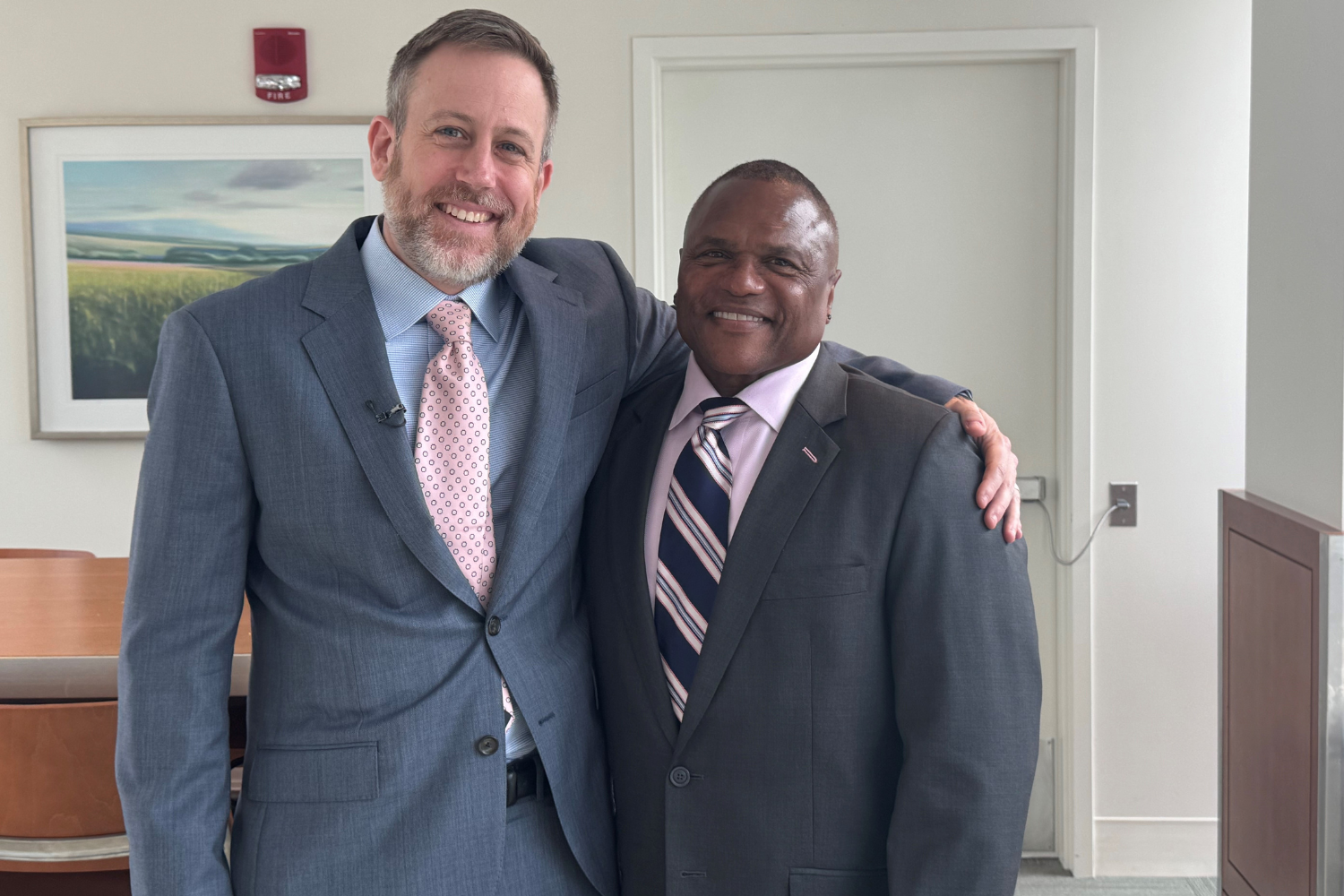UConn Law Professor Bethany Berger was a lead author with Professor Colette Routel of Mitchell Hamline Law of an amicus brief filed Dec. 22 on behalf of 17 historians, political scientists and law professors in the U.S. Supreme Court case Nebraska v. Parker.
The case considers whether the Omaha Reservation in Nebraska is diminished—meaning its boundaries have been redrawn—to exclude an area opened to non-Indian purchase and settlement in 1882. The Supreme Court will hear arguments in January.
The case began when the Omaha Tribe tried to apply its liquor laws to seven bars in the village of Pender, Neb. The village lies in the western corner of the Omaha Reservation, which was established under an 1854 treaty. About 2,000 people, most of them non-Indians, live in the village. Instead of challenging tribal jurisdiction over non-Indians, the bars owners and the town argued that Pender was no longer part of the reservation. Nebraska intervened on behalf of the town.



